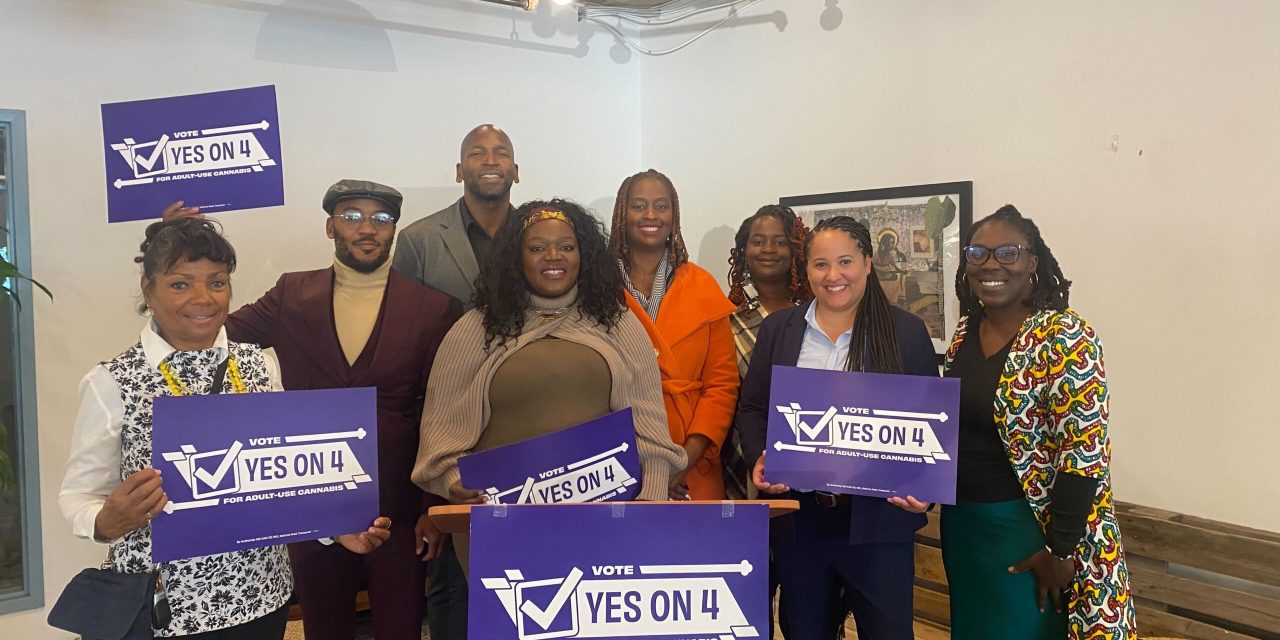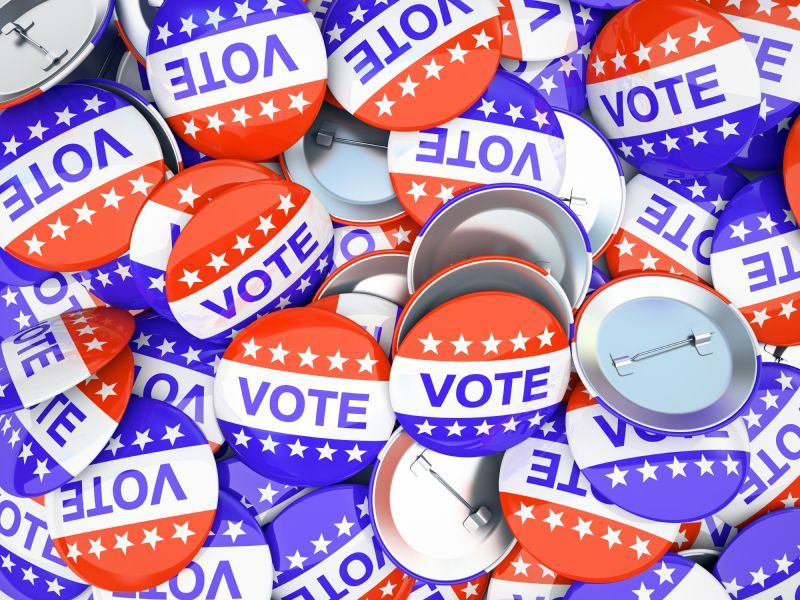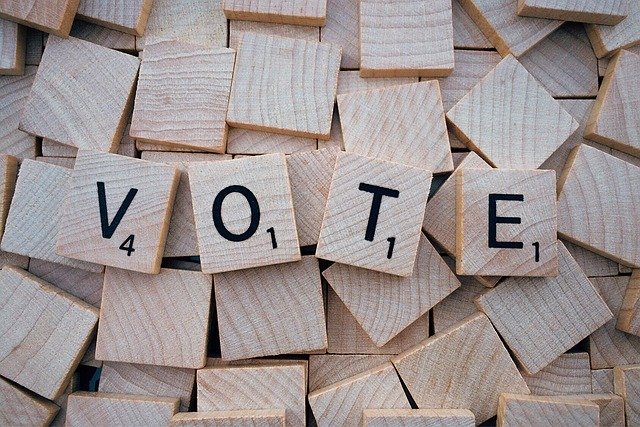By TIMOTHY DASHIELL
BALTIMORE — Members of the Maryland House of Delegates and community members, including retired law enforcement and former Baltimore Ravens player Eugene Monroe, said Thursday legalization of recreational cannabis would create new jobs and investment opportunities and save the state money by eliminating the incarceration of thousands of residents annually on marijuana possession charges.
Spearheaded by Monroe’s advocacy organization, Yes on 4, the group urged Maryland residents to vote yes on question four to approve legalization of recreational cannabis when they go to the polls Nov. 8.
“Marijuana sales would create tens of thousands of well-paying jobs.” Monroe said during a press conference in West Baltimore. “It would also open doors for hundreds of new small business owners and create opportunities for workers in other industries, including those in real estate, construction and manufacturing.”
A recent poll by the Washington Post and the University of Maryland showed that 73% of registered Maryland voters support legalization of recreational cannabis.
“The numbers show Maryland residents want to legalize cannabis, because they know it will create good paying jobs and boost the state’s economy,” he said.
Maryland is one of five states that will consider legalization initiatives on Nov. 8, including Arkansas, Missouri, North Dakota, and South Dakota. So far, 19 states and Washington, D.C. have legalized cannabis for adults 21 and older.
Advocates Thursday said taxes from marijuana sales would generate tens of millions of dollars that could be used to repair neighborhoods disproportionately affected by the “war on drugs.”
“Independent analysis suggests marijuana legalization would provide the state with over $135 million in tax revenue,” Monroe said. ”That figure doesn’t even include the savings from the more than $100 million Maryland spends each year enforcing marijuana possession laws.”
Monroe noted how taxes on cannabis sales have been used in other states.
Colorado, the first state to legalize recreational cannabis use, has raked in millions in taxes on its sales and licensing.
According to the Colorado General Assembly,10% of the revenue from taxes on marijuana retail sales is allocated to local governments while the remaining money is divided between healthcare, health education, substance abuse programs, law enforcement and a special fund for public education.
Colorado received over $423 million in cannabis tax revenue in 2021, according to state officials. Since the state began receiving cannabis sales tax revenue in 2014, Colorado has received $2.2 billion, officials said.
Massachusetts, which is closer to Maryland in population, legalized recreational cannabis in 2016, The state received over $175 million in tax revenue in 2021, according to the Massachusetts Cannabis Control Commission.







Recent Comments